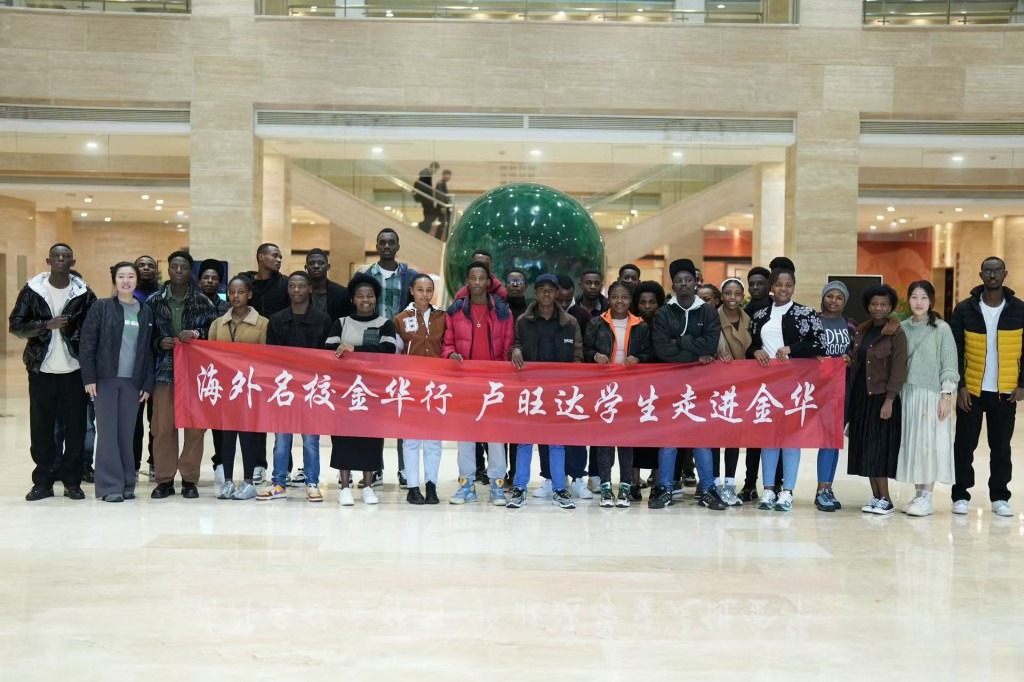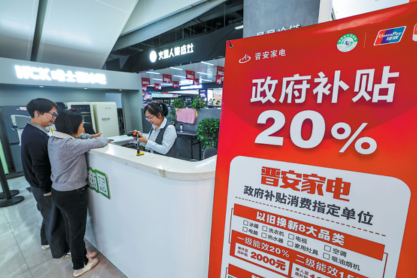Connecticut embraces China anew

| Dannel Malloy believes Connecticut and China can be partners in a number of fields. He visited the country for nine days in September. Derek Bosko / China Daily |
Governor revives state's ties, seeks variety of partnerships
Dannel Malloy keeps a souvenir pin emblazoned with the Chinese characters for "China" on his desk, a memento from a trip in September.
It was the first visit to China by a Connecticut governor since 1987, when the state formed a sister-province relationship with Shandong, in the country's east.
The governor thought it was time to rekindle those ties.
"I felt that, to further the relationship, to reinvigorate it, what I need as the representative of the people of Connecticut is to visit our sister province," Malloy said. He was interviewed about two weeks before the Dec 14 shootings at an elementary school in Newtown that killed 20 first-graders and six adults.
Picking up a photo, next to the China pin, of himself and his aides taken in front of Beijing's Tian'anmen Square, he explained his Chinese connection.
"You can't see China after 10 years' absence and not be impressed by the level of development and advances that have been made. It was quite impressive," the Democrat said, referring to his first visit, in 2002, when he was mayor of Stamford, the state's fourth-biggest city.
Malloy, now 57, is a lawyer by training. He was Stamford's mayor from for 14 years, until 2009. The following year, he was elected governor of Connecticut.
He considers China an important partner for his state, particularly in education and the economy.
Connecticut and Shandong province, he said, are exploring the establishment of a Confucius center at Central Connecticut State University. The centers are an official Chinese initiative to promote the nation's language and culture abroad.
The world's No 2 economic power is a top destination for trade missions by governors in the US. By the end of 2012, nearly two dozen governors -Democrats as well as Republicans - had led economic delegations to China seeking investment in their states.
Connecticut has a clear goal in pursuing Chinese investment, said Malloy, whose nine-day trip last year included a stop in Tianjin, where he participated in a World Economic Forum panel discussion on energy.
"This was about making sure that people understood what some of those possibilities are, and really understanding what it would take for us to further the relationship with China and make it easier for Chinese private investment to participate in Connecticut."

China is Connecticut's fifth-biggest export destination, led by sales of transportation equipment and crop-production gear, according to the US-China Business Council in Washington.
The state, known for its aerospace, insurance and biotechnology industries, is home to many of corporate America's top names, including United Technologies Corp and its Pratt & Whitney aviation-manufacturing unit, which have made "substantial footprints" in China, the governor said.
"Many of our precision manufacturers are participating in Chinese trade, so we want to broaden that," he added.
Its aerospace prowess - some 300 companies are engaged in manufacturing or engineering - makes Connecticut a good partner, "particularly as China looks to build out and modernize its own aviation fleet".
"There are great possibilities for exchange, and we need to be there," Malloy said.
The state's chief executive also has a longer-term vision for involvement with China: "We want to move beyond some of the industries that have been represented for a long period of time and open up the marketplace to smaller companies, for our own state, and open up our state to Chinese investment."
Malloy believes China would do well to emulate his state's effort to lower energy costs through increased reliance on abundant natural gas - a fuel source predicted to make North America energy-independent soon.
"The use of production of energy in China is having adverse impacts on the environment in China," he said, referring to poor air quality in Beijing and other Chinese cities.
"China is making great strides in so many areas, but this energy issue is going to be a challenge for decades to come."
At least 37 US states are home to some form of investment from China, in auto parts, information technology and various services. Meanwhile, Chinese investment in the US supports about 30,000 jobs, according to New York-based Rhodium Group, which tracks Chinese investment abroad.
"It's clear that China needs to diversify its investment portfolio," Malloy said. "If dollars are going to go abroad to diversify that portfolio, I would like some number of those dollars to come to our state to help build our infrastructure, or to bring in new sources of capital to start up emerging businesses as well as existing businesses."
Malloy, a supporter of US President Barack Obama, said the incumbent's administration "is conducting itself well" in dealing with China despite occasional disagreements.
"Both countries are continuing to understand each other, allowing for cultural differences as well as political differences. But I see a greater level of understanding of one another's issues and challenges than had existed in the past.
"Both countries are trying to expand the number of people who have not only familiarity, but a comfort with making investments in one another's country," he said.
Malloy stressed that evolution of US-China relations depends on "constant communication and transparency and respect for one another's laws".
Today's Top News
- China's central bank outlines monetary priorities for 2025
- 8 killed, 15 injured in market fire in North China's Hebei
- IoT new engine of socioeconomic development
- Visit highlights strong ties with Africa
- Xi sends congratulations to new Georgian president
- No letup in battle against corruption































